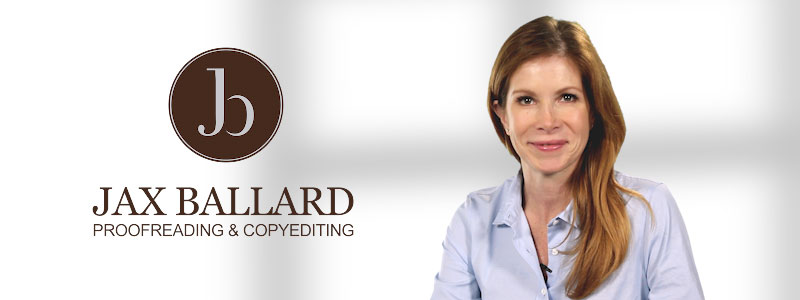#Amazon KDP Self-publishing
Amazon’s revamping of payment to authors now reflects a platform structured on payment based upon the number of pages read.
The changes affect authors enrolled in the #Kindle Direct Publishing platform. This self-publishing site has been widely popular for indie authors. The straightforward platform allows authors to edit their book, set the list prices, and delegate the rights to their work that is available through Kindle Unlimited and Kindle Owners’ Lending Library programs.
At present, Amazon operates with a payment method where payouts are based on a fund, which is set by the company every month.
Under the new Amazon payment plan, indie authors receive a share of the fund in proportion to the pages read by their customers for the first time.
A statement from Amazon through the KDP page delineates the new approach:
Beginning July 1, 2015, we switched from paying Kindle Unlimited (KU) and Kindle Owners’ Lending Library (KOLL) royalties based on qualified borrows, to paying based on the number of pages read. We made this switch in response to great feedback we received from authors who asked us to better align payout with the length of books and how much customers read. Under the new payment method, you’ll be paid for each page individual customers read of your book, the first time they read it.
Under the new payment method, the amount an author earns will be determined by their share of total pages read instead of their share of total qualified borrows.
Curated from Amazon Kindle Direct Publishing: Get help with self-publishing your book to Amazon’s Kindle Store
Amazon #eBook Prices
Reuters reported the finalization of the victory by publisher Hachette Book Group over Amazon in its battle for the ability to set its own prices for e-books. However, even as Hachette and Amazon announced a negotiated peace, author James Patterson asserted, “Books and publishing need to be preserved if not protected in this country.” As a best-selling Hachette novelist, Mr. Patterson said that the recent deal helps protect the industry.
The increasingly contentious conflict played out in many forums, casting Amazon as a publication bully and prompting many authors to call for investigation of the company on antitrust grounds.
The battle concluded with the companies reaching an agreement for e-book and print book sales. Though Amazon may have settled for less than the deal than it originally wanted, it still controls nearly half the book trade.
Amazon’s “Pay-per-page” serves as a helpful response to author feedback, stimulated by authors who requested the change. With the launch of Kindle Unlimited, Amazon KDP login tracks how authors are reimbursed for a full “borrow” when the reader perused more than 10% of the “loaned” book. Authors who wrote lengthier novels were being undercut while shorter books received the most benefit and collected a charge each time a reader broke the 10% mark in a book. While technology changes and grows, affecting the publishing world will be a plethora of changes to come.
The art of writing is timeless, and the fuel of the #indie author to publish is as strong as ever in the wake of Amazon’s restructuring.

